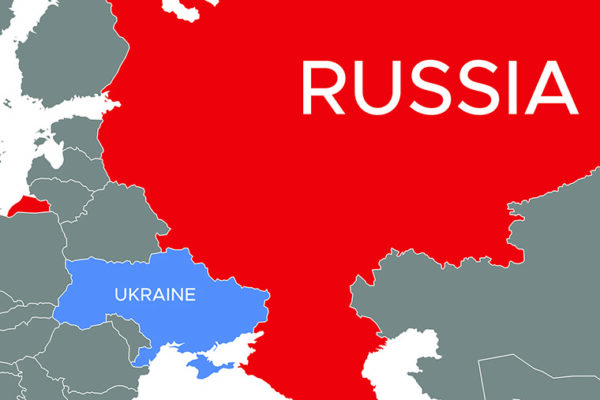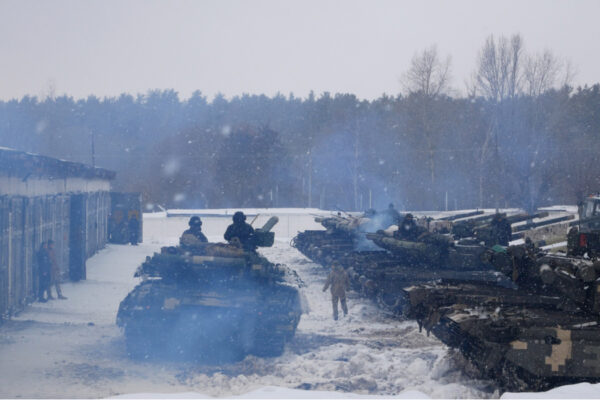
What does the war in Ukraine mean for China?
Just weeks ago, Chinese President Xi Jinping and Russian President Vladimir Putin declared that their nations’ friendship had “no limits.”
But that partnership has been sorely tested by Russia’s subsequent invasion of Ukraine, argued Zhao Ma, associate professor of modern Chinese history and culture in Arts & Sciences at Washington University in St. Louis.
“The Russian invasion has put China in a very awkward situation,” Ma said. “For China, non-interference and the protection of national sovereignty are long-standing foreign policy principles” — and understandable reactions to centuries of colonial powers, including Imperial Russia, imposing unfair treaties and annexing Chinese territory. “I think it’s for that reason we’ve seen the Chinese foreign minister, Wang Yi, and the Chinese premier, Li Keqiang, continue to recognize Ukrainian sovereignty.
“Yet China still refuses to condemn Russia as an invader — even though China is now sending humanitarian aid to Ukraine,” Ma added. “So they’re trying to walk a very fine line.”

Ma pointed out that, though Chinese foreign policymaking can be “incredibly opaque,” Beijing’s thinking about Ukraine can be glimpsed through the relatively freewheeling conversation currently unfolding on Chinese social media.
“A lot of pro-Russia posts are actually driven by anti-Americanism,” Ma observed. “Many people are worried about U.S. containment strategies against China, so they see Russia disrupting the global order as reducing pressure on China.
“Putin’s ideology also coincides with one brand of popular Chinese nationalism,” Ma continued. “It’s basic ‘strong man’ politics, aggressive and unapologetic.” Posters sympathetic to this view see China “as a big power that can’t be bound by international norms.”
“On the other side are humanitarian concerns,” Ma said. “Thousands of Chinese citizens live in Ukraine. They can just pick up their cellphones and show you the damage. It’s an intimate perspective that makes people really think about the human costs of war.”
Pro-Ukraine posts are also driven by concerns about weakening the norms of international relations. “For a lot of Chinese intellectuals, this system has been the foundation of peace since World War II. Yes, there are moments, such as the U.S. invasion of Iraq and the Soviet Union invasion of Afghanistan, when big powers violate those norms. But international law is still seen as the best way to defend sovereignty, especially for smaller countries.”

Whatever the particular arguments, for Ma, the most striking feature about this debate is that Beijing is allowing it to occur at all. “The Chinese government still hasn’t criticized Putin directly,” he explained. “But that such an intense debate is happening — within a social media system that the state fully controls — is really quite interesting.”
Indeed, Ma added, the debate may reflect Beijing’s own mixed feelings about the “no limits” partnership. Or it may represent a sort of political hedge against future developments.
“The Chinese government has many reasons to continue a friendly relationship with Russia,” Ma concluded. “But I think there’s going to be a lot of deep thinking about the fragility of the international order. Will it hold together? If not, what does a new international order look like? And how much can China count on Russia as a strategic partner?
“How far does this partnership really go?”


